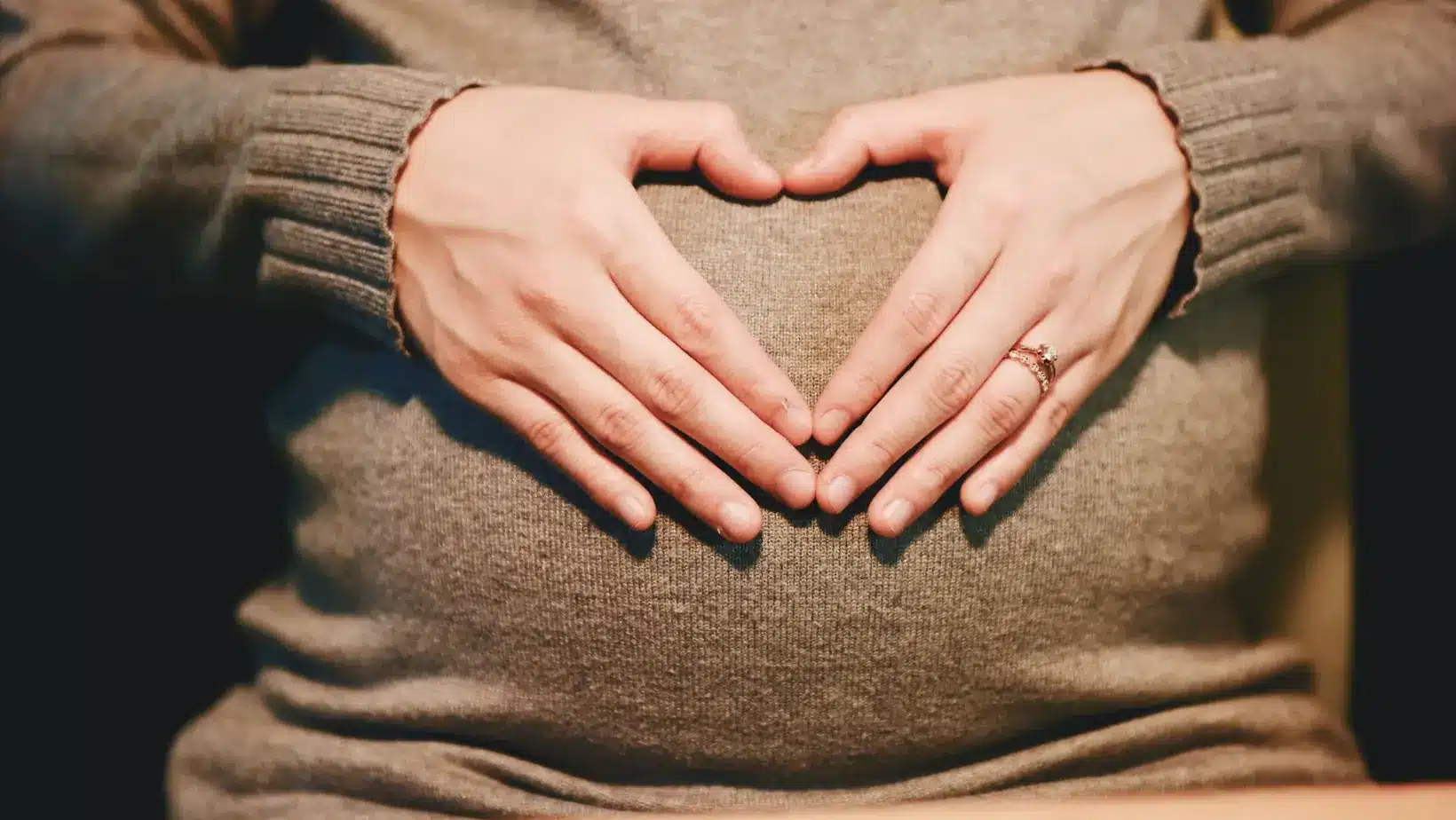To learn more about high blood pressure, read Pregnancy and High Blood Pressure.
Article updated on June 1, 2023.
By definition, gestational hypertension is one of the leading pregnancy complications. In a pregnant woman, it is diagnosed when blood pressure is equal to or higher than 140 for the higher number and equal to or higher than 90 for the lower number, even when they are at rest.
Steps can be taken if high blood pressure measurement is very risky for a person. But the treatment plan will be prepared by the health professional, who will evaluate each person individually based on aggravating or mitigating factors. Also, when a person has a blood pressure of 160/100 (for example, or more for both numbers), this is known as severe high blood pressure.
When these markers are high, your heart works harder, and it can lead to side effects, different symptoms (syndromes) and have impacts on other organs in the body (kidney and liver for example). It can influence the health of both the mother and a baby during pregnancy.
Classifying Hypertension During Pregnancy
When determining the classification of types of hypertension during pregnancy, we look at two main symptoms: high blood pressure and proteinuria (protein in urine).
Here are the different possible classifications:
- Pre-existing high blood pressure (1-2% of pregnant women):Pre-existing high blood pressure refers to women who already had high blood pressure before becoming pregnant, or who developed it before the 20 weeks pregnant.
- Gestational hypertension (5-7% of cases):Gestational hypertension appears after 20 weeks of pregnancy and mainly during the last trimester of gestation. Pregnant women detected before the 34th week of pregnancy are at a higher risk of preeclampsia.
- Preeclampsia:
Preeclampsia is a more precise diagnosis that refers to the symptom of high blood pressure along with the presence of protein in urine. Finding protein (albumin) in a pregnant woman’s urine indicates that their kidneys are overworked and cannot fulfill their role in removing elements that should usually be absorbed during blood filtration. Without it being a given, we also note more swelling (oedema) of the woman’s face and extremities when diagnosing preeclampsia.

- Other possible hypertension classifications:From time to time we note higher pressure during a monitoring appointment, then everything becomes normal during a further check-up. In this case, gestational hypertension was only temporary.Sometimes we note the simple fact of seeing the doctor can lead to this type of reaction 😊! This is what we call the white coat syndrome, even if the professional is not wearing a coat!
The cause (etiology) of gestational hypertension
The causes of gestational hypertension and preeclampsia are unknown, even if certain factors can predispose them occurring. However, at the physiological level, we note that the pregnant woman with preeclampsia has circulatory problems, blood in their placenta, which leads to more generalised issues and symptoms associated with preeclampsia.
To read the next part, go to Signs and Symptoms of Gestational Hypertension.


